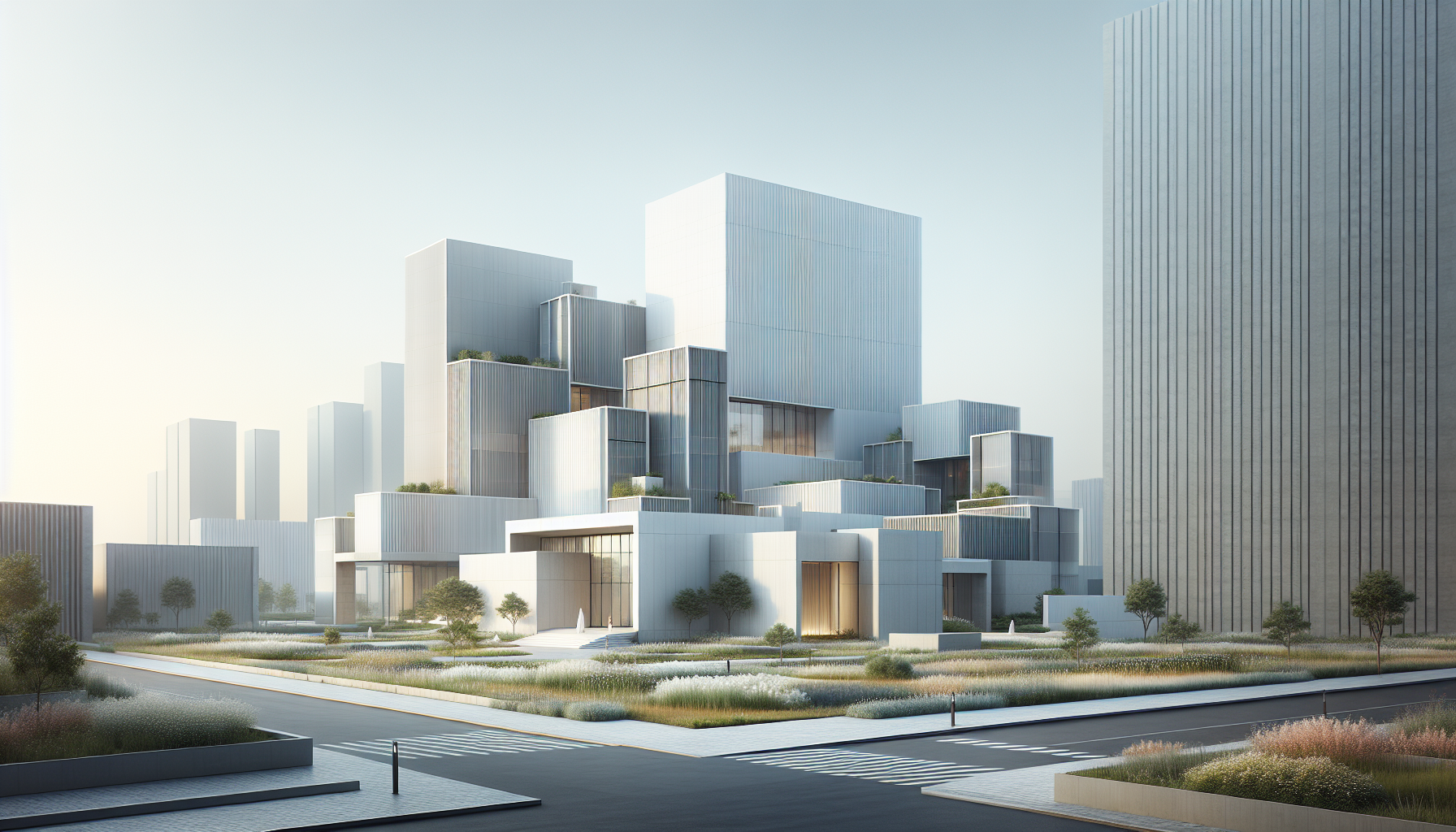PHOTO: FILE

In recent years, the landscape of gambling has undergone a digital transformation, with online casinos like Casino NZ Funbet becoming increasingly popular. This shift has raised interesting questions about the future of physical casino spaces in New Zealand. As more Kiwis choose the convenience of virtual gaming platforms, the real estate sector linked to traditional casinos must adapt to the changing tide. The allure of these digital platforms lies not only in their wide range of games but also in their enticing bonus programs and exclusive offers, providing gamblers with experiences that are hard to match in brick-and-mortar establishments. Understanding how these trends are impacting New Zealand’s property market can offer insights into the future of casino real estate.
Understanding the surge of online casinos in New Zealand
The surge of online casinos like Casino NZ Funbet in New Zealand has been driven by several factors. One of the primary reasons is the convenience they offer. With just a few clicks, players can engage in a game of blackjack or place a bet on their favourite sports team from the comfort of their home. Additionally, online platforms often provide attractive bonuses and promotions, making them more appealing than traditional casinos. The technological advancement in internet speed and the increase in mobile device usage have further contributed to this trend. For many New Zealanders, the ability to play at any time on platforms like Casino NZ Funbet without the need to travel is a significant advantage, and the variety of games available online often surpasses what is found in physical casinos.
Comparing virtual and physical casino experiences
When comparing virtual and physical casino experiences, it’s clear that both have their unique appeals. Physical casinos offer an atmosphere of excitement and social interaction that is hard to replicate online. The thrill of being surrounded by other players, the sounds of slot machines, and the anticipation in the air are aspects that digital platforms can’t fully reproduce. On the other hand, online casinos offer unparalleled convenience and a broader selection of games. Players can enjoy a quick game during their lunch break or dive into a live dealer session in their pyjamas. As technology continues to evolve, virtual reality may bridge the gap further, but for now, both experiences cater to different preferences and needs.
Economic impacts of online casinos on local communities
The rise of online casinos also has economic implications for local communities. Traditional casinos often contribute to local economies through employment and tourism. However, as more players move online, these benefits may diminish. On the flip side, online casinos can also create new job opportunities in tech and customer support sectors. Moreover, the increased demand for high-speed internet and data services can lead to infrastructure development, indirectly benefiting communities. The challenge lies in balancing these changes to ensure that local economies continue to thrive even as the digital gambling landscape expands.
Adapting traditional casinos to the digital age
As the popularity of online casinos grows, traditional casinos must find ways to adapt. This may involve integrating more digital elements into their offerings, such as live streaming of events or developing their own online platforms. By embracing technology, physical casinos can enhance their appeal and reach a broader audience. Some establishments are already experimenting with hybrid models, offering both in-person and online experiences. This adaptation not only helps them stay relevant but also ensures that they continue to contribute to the local real estate market. For the real estate sector, this means that casino spaces may evolve, incorporating more versatile designs that cater to a digital-savvy clientele.















